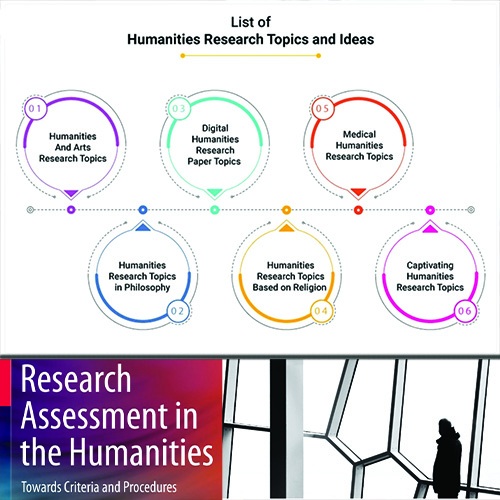Critical Thinking and Interpretation: Humanities research fosters critical thinking skills by encouraging the examination and interpretation of complex texts, artworks, and cultural phenomena. It equips individuals with the ability to analyze information, evaluate different perspectives, and develop well-reasoned arguments. These skills are essential not only in academia but also in various professional fields and everyday life.
-
info@ChoiceRG.com -
Phone
(201)567-3879
Humanities Research
Humanities, Anthropology, History, and Philosophy
Humanities research encompasses a broad range of disciplines that focus on human culture, society, history, and expression. It involves the study and interpretation of various aspects of human life, such as literature, philosophy, art, music, language, religion, anthropology, history, and more. Humanities research aims to understand the human experience, explore different perspectives, and critically analyze cultural and social phenomena.
- When conducting humanities research, scholars typically employ qualitative methods, including textual analysis, historical research, interviews, ethnography, and critical theory.
- Humanities research prompts ethical and moral reflection by exploring ethical dilemmas, values, and ethical frameworks within different cultural and historical contexts.
Social and Cultural Impact: Humanities research contributes to societal and cultural development. It helps us understand the complexities of social structures, power dynamics, and cultural transformations. Humanities research findings can inform policy decisions, shape public discourse, and provide insights into contemporary social issues, fostering empathy, tolerance, and social cohesion. The goal is to gather and interpret data to gain insights into human behavior, cultural practices, societal structures, and the development of ideas over time.
Interdisciplinary Connections: Humanities research often intersects with other disciplines, fostering interdisciplinary collaborations and generating new knowledge. The humanities provide valuable perspectives and methodologies that complement and enrich fields such as science, technology, medicine, economics, and environmental studies, leading to innovative solutions and holistic approaches to societal challenges.It encourages us to think critically about ethical issues, social justice, human rights, and the responsibilities we have as individuals and as a society.
Personal Enrichment: Engaging with humanities research offers personal enrichment and intellectual growth. It encourages curiosity, creativity, and a lifelong pursuit of knowledge. Humanities research allows individuals to explore and engage with diverse ideas, cultures, and perspectives, promoting empathy, open-mindedness, and a deeper understanding of the human condition.

The Importance of Humanities Research
- Understanding Human Experience: Humanities research provides insight into the human experience throughout history and across cultures. It helps us understand how people have thought, felt, and interacted with their surroundings, giving us a deeper understanding of our own identity and the world we live in.
- Cultural Preservation: Humanities research plays a vital role in preserving and documenting cultural heritage. It allows us to study and appreciate diverse cultural expressions, traditions, languages, and artistic achievements. By studying and safeguarding cultural artifacts, literature, and historical documents, humanities research helps to preserve our collective human heritage for future generations.
